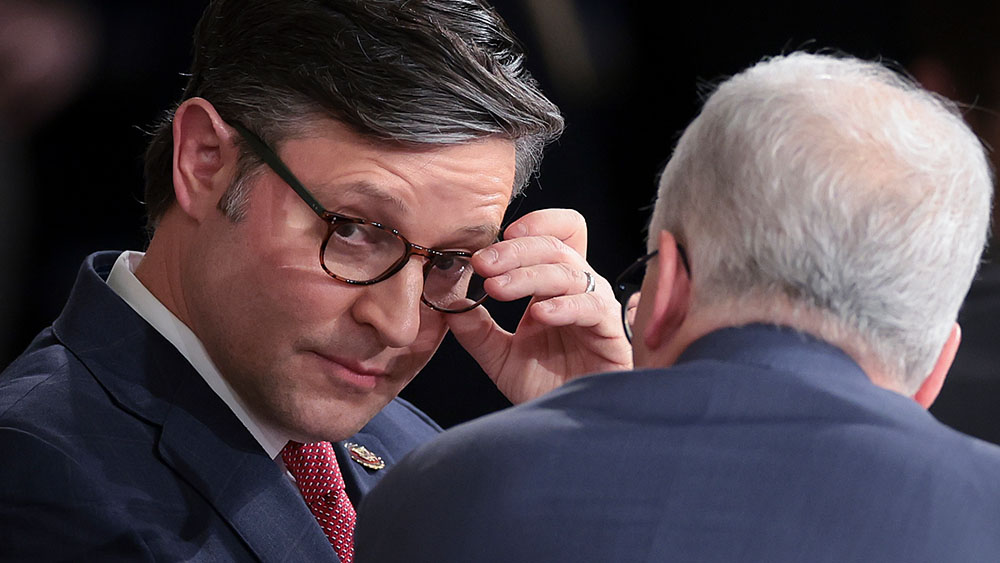Bombshell Report: Boeing 'Whistleblower' Says Company Focused On Profit Over Safety Of Doomed 737 Max

Ewbank said in the complaint to Boeing, "It is not possible to say for certain that any actual implementation of synthetic airspeed on the 737 Max would have prevented the accidents." He said Boeing cut corners on the development of the 737 Max, at the expense of safety, all to please shareholders.
Ewbank’s complaint said that Ray Craig, a chief test pilot of the 737 Max, wanted to examine additional sensors on the plane, such as the synthetic airspeed system. Still, Boeing executives frowned upon the idea because it would cost too much.
"I was willing to stand up for safety and quality, but was unable to actually have an effect in those areas," Ewbank said in the complaint, adding, "Boeing management was more concerned with cost and schedule than safety or quality."
A former senior Boeing employee, who spoke on the condition of anonymity with The Times, said senior executives considered installing the new sensors on the 737 Max, but realized it would be too difficult and risky for the plane.
He stepped forward this year and explained in the complaint that it’s the "ethical imperative of an engineer — to protect the safety of the public."
"Boeing is not in a business where safety can be treated as a secondary concern," Mr. Ewbank wrote in the complaint. "But the current culture of expediency of design-to-market and cost cutting does not permit any other treatment by the work force tasked with making executive managements’ fever dreams a reality."
And by prioritizing profits, Boeing executives certainly seemed to rush the 737 Max from development into production, at the expense of safety, not just to contend with the Airbus A320neo, but to unlock billions of dollars in stock buybacks that were tied to significant milestones relating to plane’s sales. This enabled Boeing’s stock to rise nearly 300% in 36 months, while executives used the opportunity to dump company stock.



